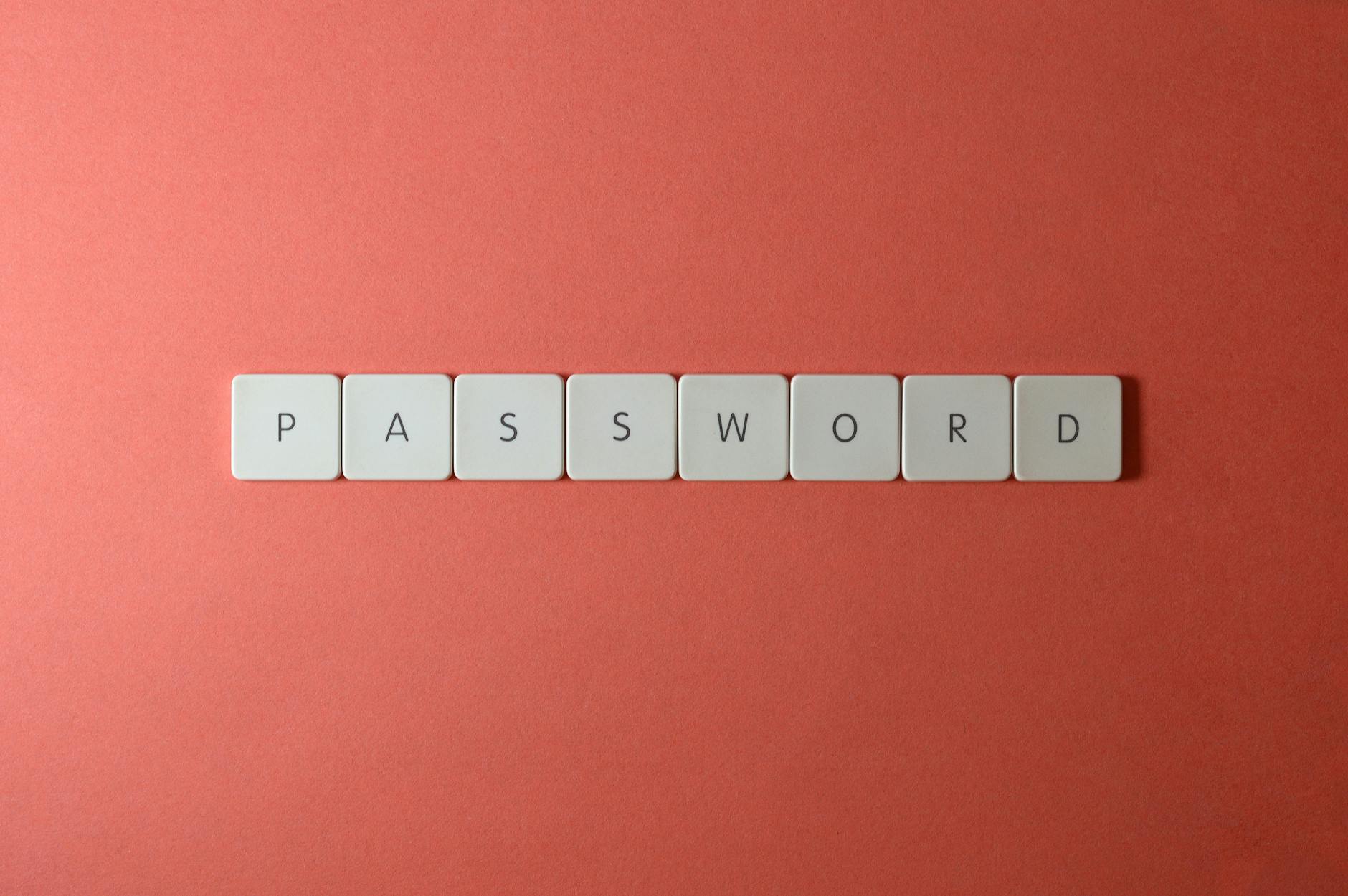In today’s digital age, securing your email accounts is paramount to safeguarding your personal information and sensitive data. With cyber threats on the rise, it is essential to take proactive measures to ensure unbreakable protection for your email accounts. By implementing best practices and following essential tips, you can fortify your email security and mitigate the risk of unauthorized access or data breaches. Let’s delve into the key strategies for achieving a secure email environment.
Importance of Secure Email Accounts
Securing your email accounts is crucial as email remains one of the most common communication channels used by individuals and organizations worldwide. Cybercriminals often target email accounts to gain access to personal information, financial data, and confidential business communications. By enhancing the security of your email accounts, you can prevent unauthorized access, phishing attacks, and email spoofing incidents.
Strong Password Protection
One of the fundamental aspects of securing your email accounts is to create strong and unique passwords. A strong password should be a combination of letters, numbers, and special characters, making it difficult for hackers to crack. Avoid using easily guessable passwords such as “123456” or “password.” It is recommended to use a password manager to store and manage your passwords securely.
Two-Factor Authentication (2FA)
Implementing two-factor authentication (2FA) adds an extra layer of security to your email accounts. With 2FA enabled, in addition to entering your password, you will be required to verify your identity using a second factor such as a one-time code sent to your mobile device or email. This additional step enhances the security of your email accounts and reduces the risk of unauthorized access.
Avoid Phishing Scams
Phishing scams are a prevalent and deceptive method used by cybercriminals to trick individuals into revealing their sensitive information. Be cautious of emails requesting personal information, clicking on suspicious links, or downloading attachments from unknown sources. Always verify the authenticity of the sender before disclosing any confidential information or clicking on links within emails.
Regular Software Updates
Keeping your email software and security tools up to date is essential for protecting your email accounts from vulnerabilities and exploits. Software updates often include patches and fixes for known security issues, ensuring that your email accounts are safeguarded against emerging threats. Enable automatic updates to ensure that your email software is always running the latest security patches.
Be Wary of Public Wi-Fi
When accessing your email accounts on public Wi-Fi networks, exercise caution as these networks may not be secure and could expose your email communications to potential eavesdropping attacks. Avoid accessing sensitive information or logging into your email accounts on public Wi-Fi networks unless you are using a secure virtual private network (VPN) for added protection.
Monitor Account Activity
Regularly monitor your email account activity for any suspicious logins or unauthorized access. Review your login history, email settings, and linked devices to ensure that no unauthorized changes have been made. If you notice any unusual activity, such as emails sent from your account that you did not authorize, take immediate action to secure your account and report the incident to your email provider.
Conclusion
Securing your email accounts is a critical aspect of protecting your personal and confidential information from cyber threats. By implementing these essential tips, such as using strong passwords, enabling two-factor authentication, avoiding phishing scams, keeping your software updated, and monitoring your account activity, you can enhance the security of your email accounts and maintain unbreakable protection against malicious actors. Stay vigilant, stay informed, and prioritize the security of your email accounts in today’s digital landscape.



